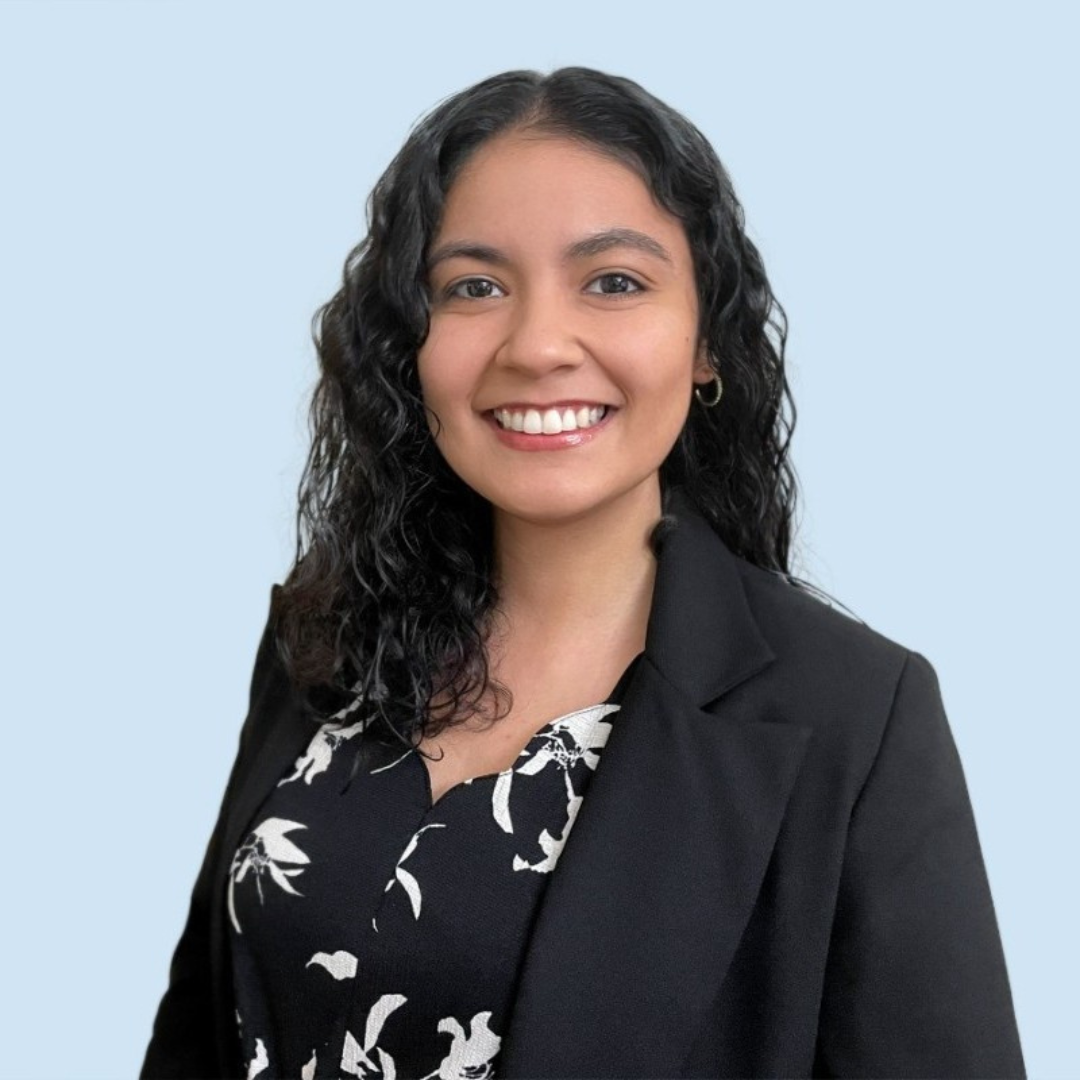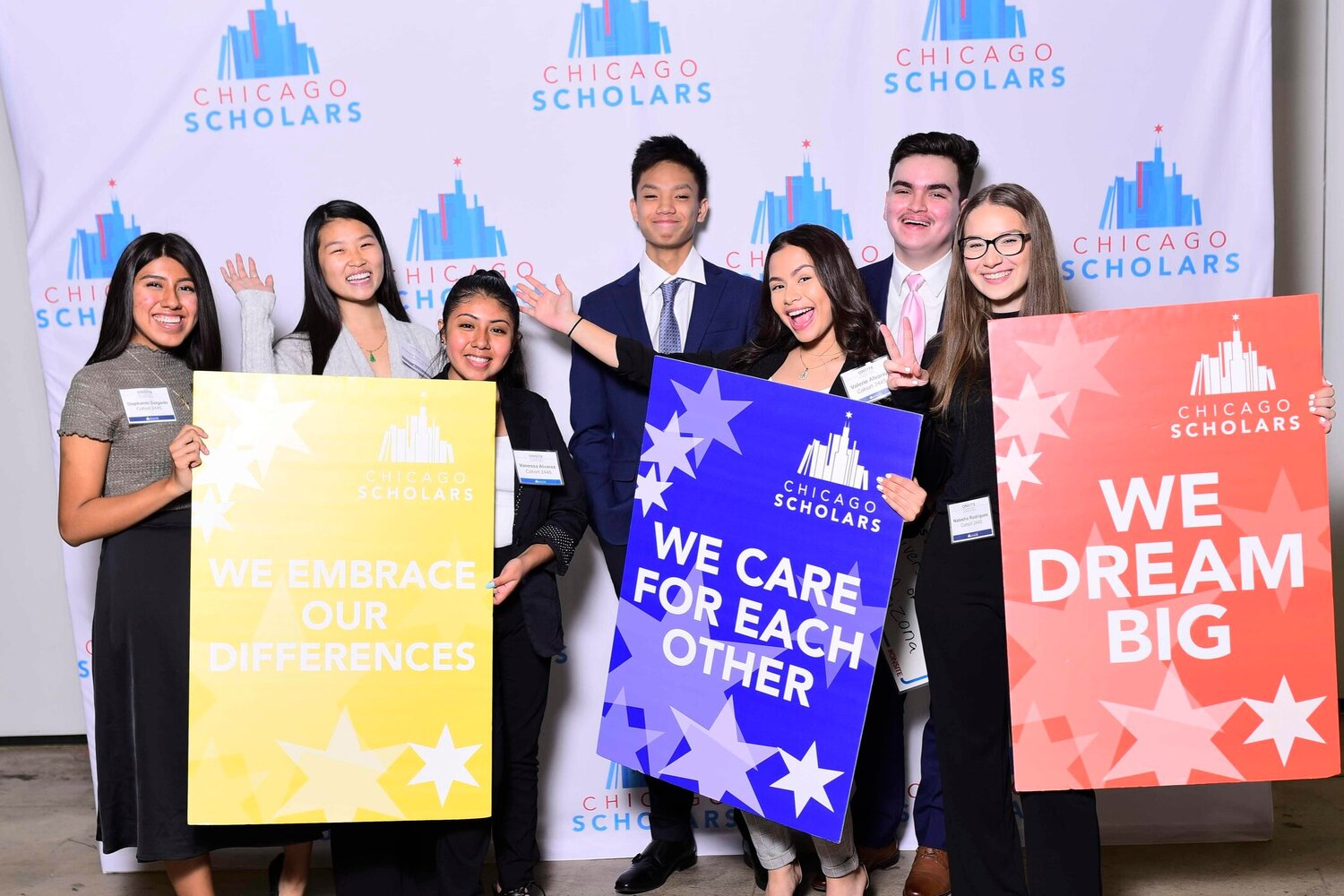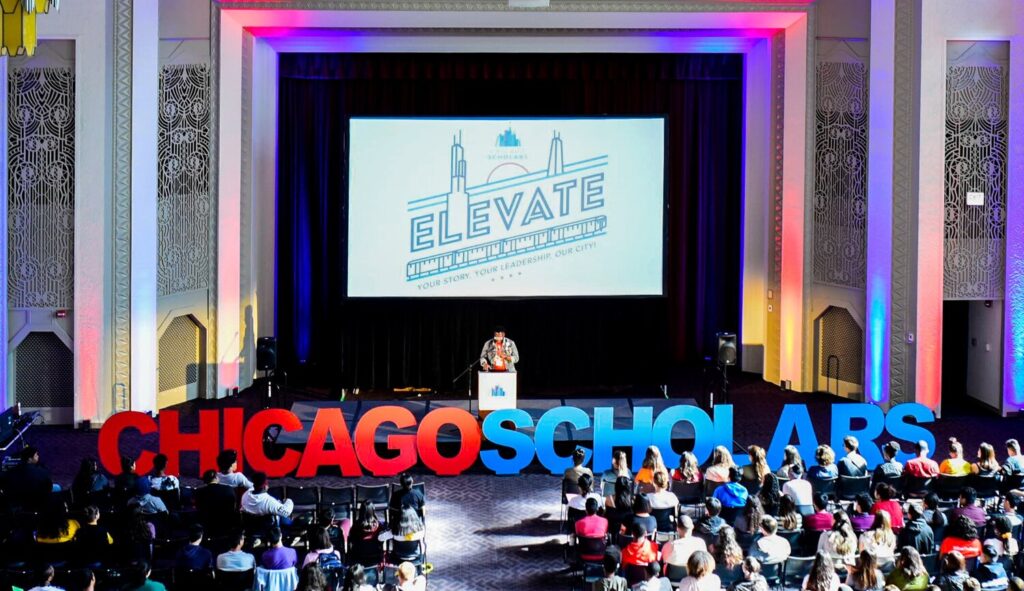“My goal was always to make my family proud and show them how knowledge is power.”: The impact of a college degree by Celine Gonzalez
Chicago Scholars is excited to bring you a series of essays from Scholars and Alumni about the impact of a college degree on their lives, their families, and their communities. This essay was written by Celine Gonzalez, Class of 2022.
When I think of how my college degree has made an impact on my family, I think back to my years as a teenager in high school. Back then, I still was unsure if I would have the privilege of going to college. I come from an immigrant family and my goal was to always be able to provide for them, however, I never thought I would be able to go to college due to the expense. My senior year of high school, I got accepted into The University of Illinois at Chicago and earned enough scholarships to cover my tuition expenses. Throughout college, I worked multiple part-time jobs while going to school to pay for my books and other living expenses. That experience helped me get introduced to the “real world” and face the reality that comes with being an adult and having to provide for myself.
In my first semester of college, I was enrolled as a student in the College of
Pre-Medicine and had to enroll in lectures and science labs. These classes were very challenging for me, and I found myself struggling and under a lot of stress. These first semester classes taught me that although I thought that I had wanted to pursue a
career in the medical field and had always dreamed of helping sick people, I did not have a passion for Biology and Chemistry. In my second semester of college, I decided that I wanted to switch my major from Pre-Medicine to Business Administration. I felt as if college helped impact how I looked at situations outside of an academic setting because it showed me the importance of trying new things even if I did not have a passion for them. It also taught me that it is never too late to start over. I wouldn’t trade my college experience for anything because although work experience is meaningful, college was able to provide me with the opportunity to connect with people from different backgrounds that I probably would not have crossed paths with otherwise.
Overall, I have been able to bring my new perspectives into my household and show my family the way college has helped me to grow as an individual. My goal was
always to make my family proud and show them how knowledge is power, and how their support and unconditional love has helped me to achieve everything including completing a Bachelor’s degree. College showed me that success is not automatically achieved with college courses. Students also need to have strong work ethic and passion to truly make a difference in their life and see change.







